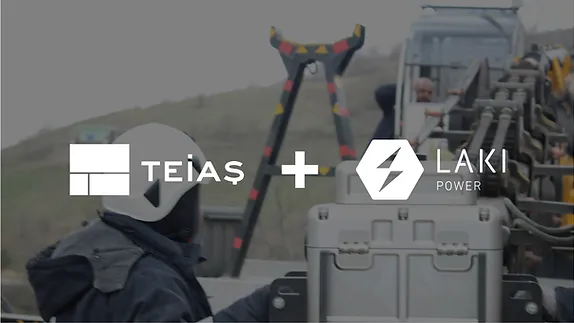
·
Sep 1, 2023

Company
TEİAŞ, the Turkish Electricity Transmission Corporation, stands as a pivotal entity in Turkey's power infrastructure, charged with the transmission of electricity across the nation's complex terrain. Turkey's topography is largely mountainous, presenting significant challenges for the reliability and maintenance of the power transmission network.
Challenge
The need for a robust line monitoring system became starkly apparent in 2016 when the İzmit and Körfez regions suffered a severe snowstorm. The resulting heavy icing on power lines coupled with strong winds created a calamitous situation, leading to collapsed towers and widespread outages. This event highlighted a significant vulnerability in TEIAS's infrastructure and the urgent need for preemptive monitoring solutions.
Solution
In response, TEIAS formed a partnership with Laki Power, who brought their expertise to the forefront with the LKX MULTI monitoring system. This innovative system was engineered to meticulously track ice accumulation and deliver comprehensive data on a variety of factors affecting line performance. Integrated into this solution were cutting-edge forecasting technologies that utilized local weather data to predict ice formation, as well as a distinctive ice thickness overlay feature in the monitoring software, providing clear visualizations of ice severity for immediate action.
Results
The partnership yielded impressive results. Laki Power’s monitoring stations recorded numerous icing events, granting TEIAS detailed insights into the specific conditions that precipitate ice build-up and its effects on power lines. The data gathered illuminated the complexities of icing phenomena, which were found to occur across a spectrum of weather conditions, demonstrating the critical need for such sophisticated monitoring. Perhaps most notably, the collaboration allowed TEIAS to observe the direct implications of ice-induced load on conductor sag, with and without wind consideration—findings that are invaluable for the design and resilience of future power line installations.